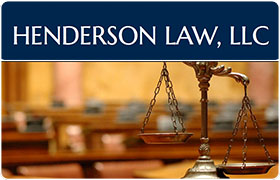Roxie White Collar Crime Lawyer, Mississippi
Sponsored Law Firm
-
 x
x

Click For More Info:
-
Henderson Law, LLC
115 North Cleveland Avenue Brookhaven, MS 39601» view mapDUI, Criminal Defense, Traffic Offenses, Burglary Mississippi Criminal Defense Lawyer
Henderson Law, LLC is committed to helping people overcome the serious effects of being arrested and accused of a crime.
800-939-0830 -
- Contact
- Practice Areas
- Visit:
- Website
- Profile
Not enough matches for Roxie White Collar Crime lawyer.
Below are all Roxie Criminal lawyers.
Heather White Martin
✓ VERIFIEDCriminal, Family Law, Estate
Heather White Martin is a practicing lawyer in the state of Mississippi handling family law cases.
Richard Marion Truly
Family Law, Criminal, Personal Injury, Accident & Injury
Status: Inactive Licensed: 58 Years
Amy Foster Ryan
Family Law, Divorce & Family Law, Criminal, Accident & Injury
Status: In Good Standing
Sim Clarence Dulaney
Federal Appellate Practice, Government, Criminal
Status: In Good Standing Licensed: 55 Years
John J. McNeil
Accident & Injury, Criminal, Divorce & Family Law, Estate, Workers' Compensation
Status: In Good Standing Licensed: 19 Years

 Edward Henderson Brookhaven,MS
Edward Henderson Brookhaven,MS About UsEdward Henderson
About UsEdward Henderson Contact UsCall or Email Now!
Contact UsCall or Email Now!

